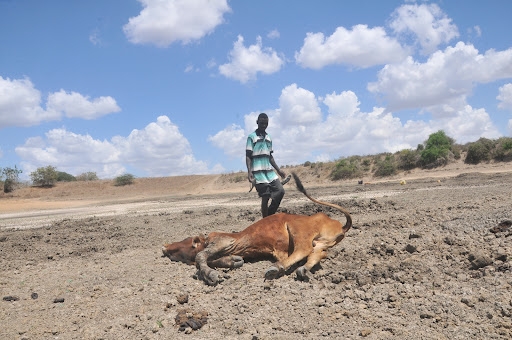Sometimes March in any given year in Kenya can be momentous.
For nearly three decades of the country’s independence, the third month of the year stands out as fateful and memorable like no other.
Sometimes and without a plot, the impossible, the unthinkable, the laudable and mournful occurrences of political interest happen in March as this brief postmortem on the country’s selected events illustrates.
March of this year was momentous with political parties, some never heard of, convening delegates conventions to cobble alliances that already congregate around leading contenders in the Azimio and Kenya Kwanza formations in the race to succeed President Uhuru Kenyatta.
It during this month that BBI was condemned to death on March 31, three weeks after its fourth birthday.
BBI is the brainchild of President Kenyatta and ODM leader Raila Odinga whose earth shaking post-election reconciliation handshake calmed the rising political temperature in the deeply divided country.
Like the Christians believe in the probable return of Jesus, Uhuru and Raila also dream of the likelihood of the resurrection of the BBI.
In equal measure, leaders across the political divide celebrated and moaned the March 31, verdict whose contents promise to cloud the Uhuru succession campaigns led by the defiant Deputy President, William Ruto.
To demonstrate his disapproval of the reconciliation, Ruto led a rebellion within Jubilee and actively criticizes the government and even registered UDA party on which he has launched his presidential bid.
March 2013 is another memorable date in the history of court rulings. In the middle of trials of the newly elected president and his deputy for crimes against humanity at the International Criminal Court, the Supreme Court dismissed the presidential election petition filed by Raila against Kenyatta’s election in a record time of 10 minutes.
The Kanu Delegates Conference at Kasarani unanimously approved the merger with the National Development Party led by Raila and endorsed the scrapping of the party’s vice president’s post and creation of four vice chairman positions in March 2002.
Uhuru, Musalia Mudavadi, Kalonzo Musyoka and Katana Ngala were handed the posts of vice chairmen.
Raila replaced the party’s longest serving secretary general, Joseph Kamotho, while then Vice President George Saitoti was the biggest loser.
The exercise reminisces a similar endorsement by the party at the delegates conference in Limuru in March, 1966. Vice President Jaramogi Oginga Odinga, like Saitoti, was a casualty when the party VP position was decentralized.
Eight vice presidential positions were created and filled by, among others, Moi and Mwai Kibaki, who lived to lead the country in 2002.
An election of a kind was conducted in the country on the instigation and insistence of former President Daniel Moi who used the opportunity to weed his government of dissidents in March 1988.
Voters lined up behind candidates of choice in the first and likely to be the last election in a democracy. Short lines were declared victorious against long queues in the elections supervised and managed by the Attorney General’s office and the Provincial Administration domiciled in the Office of the President.
Moi paid a price for the gamble and the experiment. The unthinkable happened against his arguments for benefits of a one-party state. The infamous election casualties ganged up to agitate for the restoration of multiparty politics in the country that had been under one-party dictatorship for 23 years.
Four years later, multiparty became a reality and a polls agency formed to oversee and conduct elections. Moi, however, won two consecutive elections against the fragile opposition in the first multiparty system largely with the support of a dreaded and extortionist Youth for Kanu 92.
YK92 was launched on March 7, 1992 with William Ruto as one of the key officials.
The ill-fated National Constitutional Conference concluded its deliberations at Bomas Draft constitution on March 15, 2004 but paradoxical legislators reopened the draft for circumstantial and palatable amendments. This is a stark reminder of the mutilation of the Independence constitution by their predecessors in the 1990s. The electorate rejected the doctored draft in the 2005 referendum.
Sadly, a gruesome statistic etched in memory of Kenyans was the discovery of the decomposing body of a missing prominent politician in a forest by a Maasai herdsman, ole Tunda, in March 47 years ago.
When alarm was raised over the disappearance of Nyandarua South MP Josiah Mwangi [JM] Kariuki, a daily newspaper reported he was out of the country on a business trip in Zambia.
A Parliamentary Select Committee report that probed the circumstances and the assassination was against stiff government opposition adopted in the Chamber with a slim majority.
Nobody was charged with the offence but five vocal parliamentarians on the sensitive matter paid a costly price in the ensuing crackdown on dissent as the report gathers dust in the archive shelves.
Some members of the committee were arraigned and jailed for old crimes, while others, including Deputy Speaker Jean Marie Seroney and maverick backbencher Martin Shikuku, were detained without trial.
The writer is a freelance journalist.













